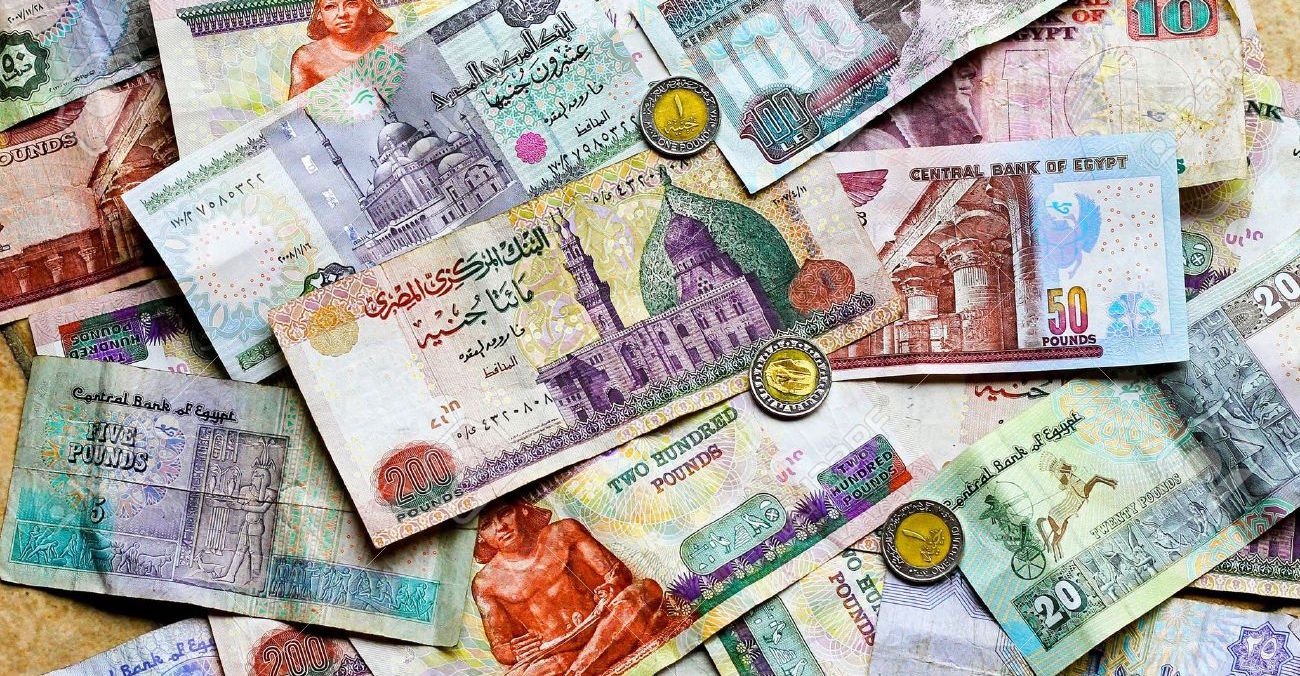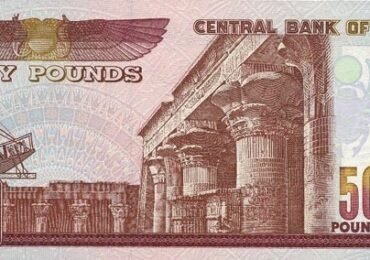Traveling to Egypt is a unique experience filled with ancient wonders, bustling markets, and vibrant culture. However, one aspect that travelers must consider before embarking on their Egyptian adventure is understanding the local currency and payment methods. This guide gives you key details about currency exchange in Egypt. It explains how to pay. It also shows the most convenient payment methods. By becoming familiar with these aspects, you can ensure a smooth and enjoyable journey. Allowing you to focus more on the incredible sights and experiences that await you in this historic land.
Understanding the local currency and payment methods not only helps in budgeting but also in engaging more authentically with the local culture. Whether you’re haggling in a market in Cairo or tipping a guide at the pyramids. Knowing how to handle currency matters will enhance your travel experience. This guide will walk you through the essentials, ensuring you’re well-prepared to navigate Egypt’s financial landscape with ease and confidence.
Understanding the Egyptian Pound
The official currency of Egypt is the Egyptian Pound, abbreviated as EGP and often represented by the symbol £E or LE. 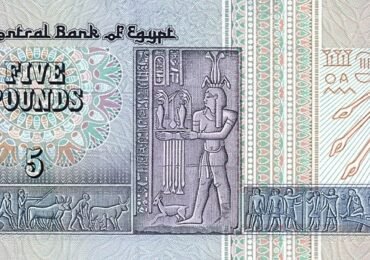
Currency Denominations
The Egyptian Pound comes in both coins and banknotes. Coins are available in denominations of 25 and 50 piastres, as well as 1 pound. Banknotes are more commonly used and come in denominations of 5, 10, 20, 50, 100, and 200 pounds. It’s advisable to carry a mix of banknotes and coins for convenience, especially for small purchases. Having a variety of denominations on hand can make transactions smoother. Especially in local markets where change for large bills might be scarce.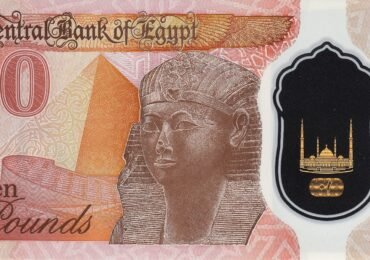
In addition to practical considerations, handling local currency can also offer a glimpse into Egyptian culture. As banknotes often feature historical figures and landmarks. This can be a fun way to learn more about the country’s history and heritage during your travels. Whether you’re buying a souvenir or paying for a cup of traditional Egyptian tea. Understanding currency denominations can enhance your interactions and help you connect more deeply with the local culture.
Currency Exchange in Egypt
Where to Exchange Currency
Currency exchange is a straightforward process in Egypt, with numerous options available. You can exchange your money at banks, currency exchange offices, airports, and even some hotels. Banks usually offer competitive exchange rates, and their services are reliable. However, it’s essential to compare rates from different sources to get the best deal. Shopping around can save you a considerable amount over the course of your trip. Especially if you’re exchanging large sums of money.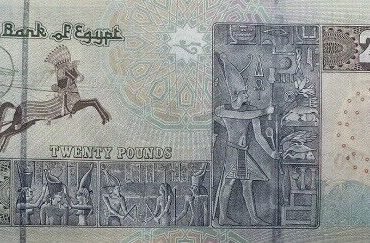
It’s worth noting that exchange rates can fluctuate, So, keeping an eye on the current rates can help you decide when and where to exchange your money. Additionally, consider the convenience of the location. While airport exchanges might be handy, they often offer less favorable rates. Taking the time to explore your options can lead to better savings and more money to spend on your adventures.
Tips for Currency Exchange
- Exchange a Small Amount Initially: Upon arrival, exchange a small amount of currency to cover immediate expenses like transportation and meals. This allows you to compare rates later and find the best deal for larger amounts. By exchanging only what you need initially, you can take your time to find the most advantageous rates for the rest of your funds.

- Use ATMs for Cash Withdrawals: ATMs are widely available in cities and tourist areas. They offer a convenient way to withdraw local currency directly from your bank account. However, be aware of potential withdrawal fees and foreign transaction charges from your bank. It’s also wise to inform your bank about your travel plans to avoid any security blocks on your card.
- Keep Small Change Handy: Many small vendors, taxi drivers, and local markets may not have change for large bills. It’s always helpful to carry small denominations for such transactions. Having the right change can make your interactions smoother and more pleasant. Helping to avoid any awkward situations where vendors cannot provide the necessary change.
How to Pay in Egypt
Cash Payments
Cash is king in Egypt, especially in local markets, small shops, and for tipping. It’s the most widely accepted form of payment and often preferred by local vendors. While credit and debit cards are becoming more common. Having cash on hand is essential for a seamless experience. Cash payments can also give you more bargaining power in markets, where haggling is a common practice.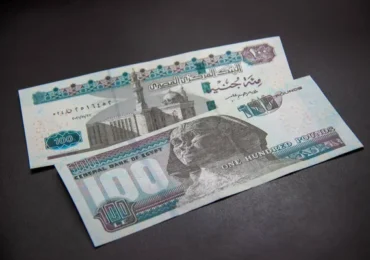
Moreover, using cash can help you stick to your travel budget, as it’s easier to keep track of your spending. Physically handling money makes you more aware of your expenses, preventing overspending in the excitement of travel. Keeping a small pouch or wallet specifically for Egyptian Pounds can help you organize your cash and make transactions quicker and more efficient.
Credit and Debit Cards
Credit and debit cards are accepted at larger establishments such as hotels, restaurants, and international retail chains. Visa and MasterCard are the most commonly accepted cards. While American Express is accepted at fewer locations. It’s important to check with your accommodation and planned activities in advance to understand where card payments are accepted.
- Notify Your Bank: Before traveling, inform your bank of your travel plans to avoid any restrictions on your card usage. This can prevent your card from being blocked due to suspicious foreign activity.
- Check for Foreign Transaction Fees: Some banks charge a fee for international transactions. It’s wise to check with your bank before departure to avoid unexpected charges. Understanding these fees can help you decide when to use your card versus cash for purchases, ensuring that you’re not hit with unnecessary costs.
Mobile Payments
Mobile payment options are gradually gaining popularity in Egypt, particularly in urban areas. Services like Vodafone Cash and Fawry are used for various transactions, including bill payments and mobile recharges. While not as widespread as cash or card payments. Mobile payments can offer a convenient alternative for tech-savvy travelers. They provide an additional layer of security by reducing the amount of cash you need to carry.
For those accustomed to using mobile payments back home, this method can be a comfortable and familiar way to handle transactions. However, it’s advisable to research beforehand to ensure that your mobile payment app is compatible with Egyptian services. As the technology continues to grow, more vendors may begin accepting mobile payments. So, staying updated can offer more convenience during your travels.
Tipping in Egypt
Tipping, known locally as “baksheesh,” is a customary practice in Egypt and is often expected for services rendered. Here are some guidelines for tipping: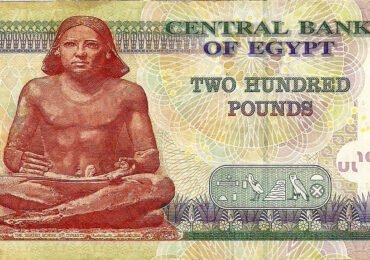
- Restaurants: A service charge is often included in the bill, but it’s customary to leave an additional 5-10% for the waitstaff. This gesture is appreciated and reflects well on your understanding of local customs.
- Hotels: Bellhops and housekeeping staff typically receive 50-100 EGP for their services. Tipping ensures good service and can lead to personalized attention during your stay.
- Tour Guides and Drivers: A tip of 50-100 EGP per day is appropriate, depending on the level of service per person for drivers. 5-20 USD per day per person for tour guides. Acknowledging their efforts with a tip can enhance your experience and build rapport, possibly leading to more enriching insights and recommendations from your guide.
Understanding and participating in the local tipping culture not only shows respect for the service providers but also enriches your travel experience by fostering goodwill. It is a small but significant way to contribute positively to the local economy and culture.
Safety Tips for Handling Money
- Avoid Public Currency Exchanges: Refrain from exchanging currency in public or on the streets to avoid scams. Stick to official exchange points to ensure security and fairness in your transactions.
- Use Secure ATMs: Opt for ATMs located in bank branches or well-lit areas to ensure safety. Avoid using ATMs in isolated spots, especially at night, to minimize the risk of theft or card skimming.
- Keep Valuables Secure: Use money belts or secure bags to keep cash and cards safe from pickpockets, especially in crowded areas. Staying vigilant and minimizing the amount of cash you carry can reduce the risk of theft and ensure a worry-free experience.
By taking these safety precautions, you can enjoy your travels without the added stress of financial mishaps. Being prepared and cautious with your money management will give you peace of mind, allowing you to focus on the enriching experiences that Egypt has to offer.
Conclusion
Navigating currency and payments in Egypt doesn’t have to be daunting. By understanding the local currency, knowing where to exchange money, and familiarizing yourself with payment methods, you can enjoy your Egyptian adventure with confidence. Remember to carry a mix of payment options, be aware of tipping customs, and prioritize safety when handling money. With these tips in mind, you’ll be well-prepared to explore all that Egypt has to offer.
Armed with this knowledge, you can immerse yourself in Egypt’s vibrant culture, historical wonders, and the warm hospitality of its people. By mastering the financial aspects of your trip, you free yourself to fully engage with the sights, sounds, and flavors of this unforgettable destination. Happy travels!

